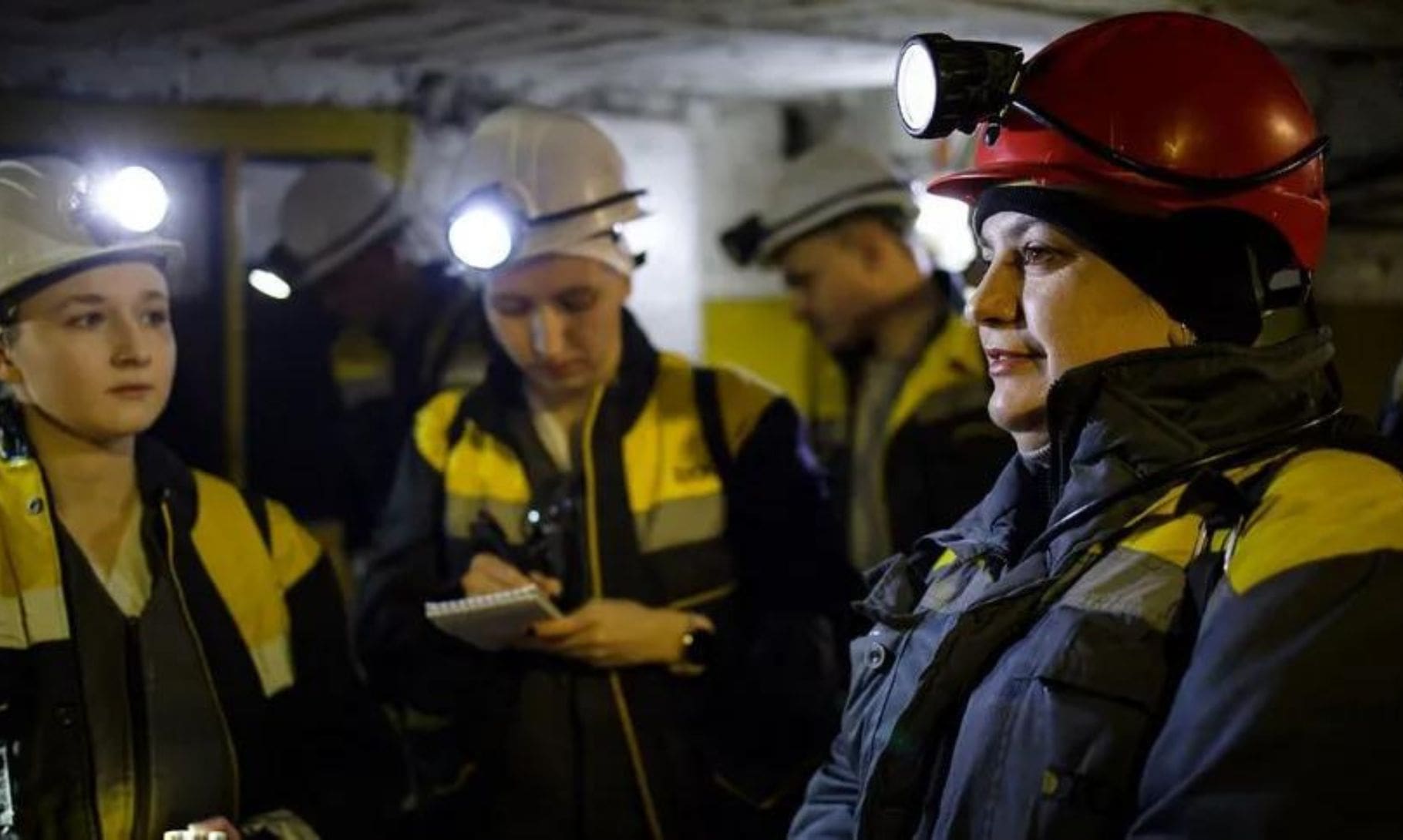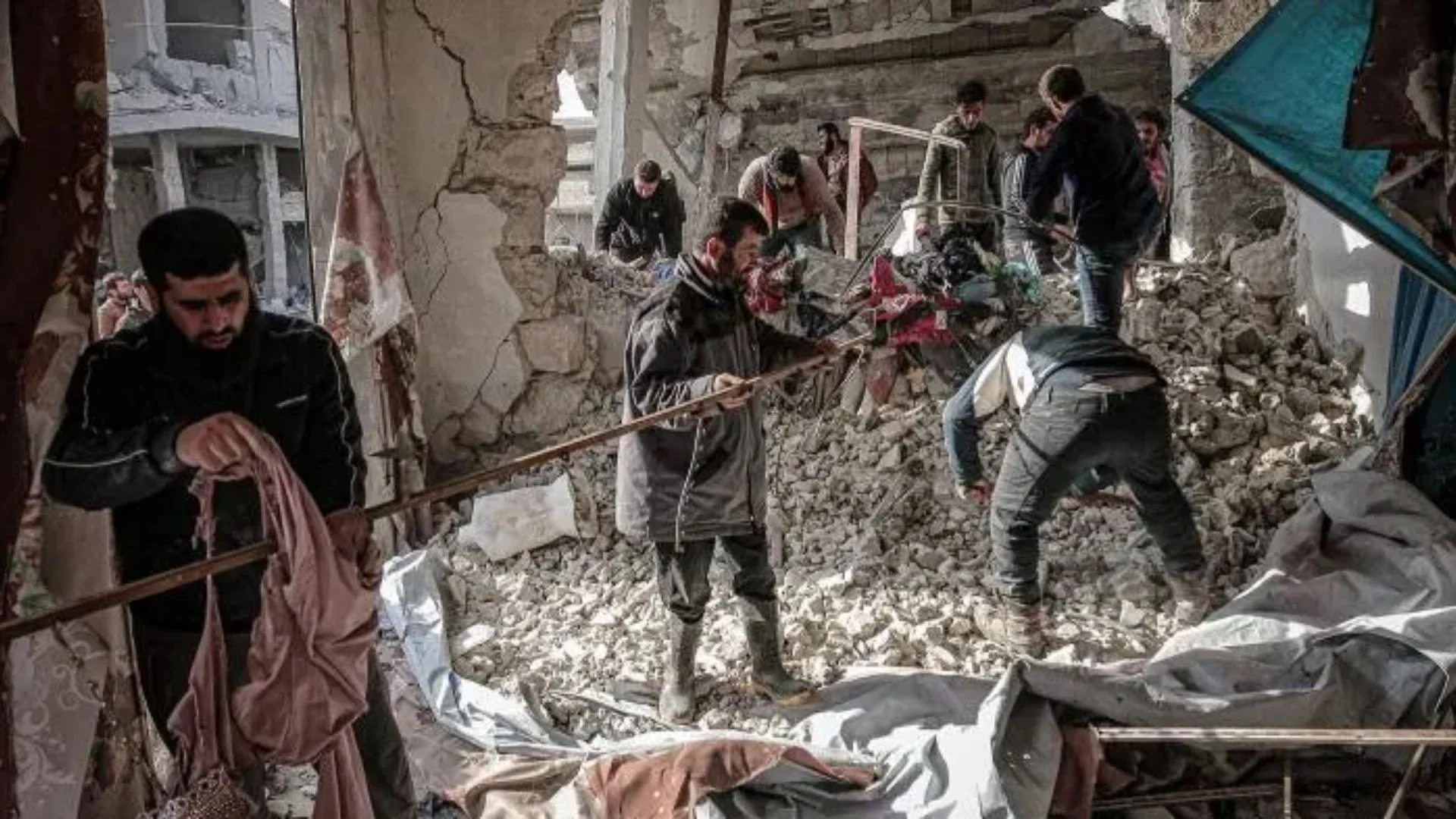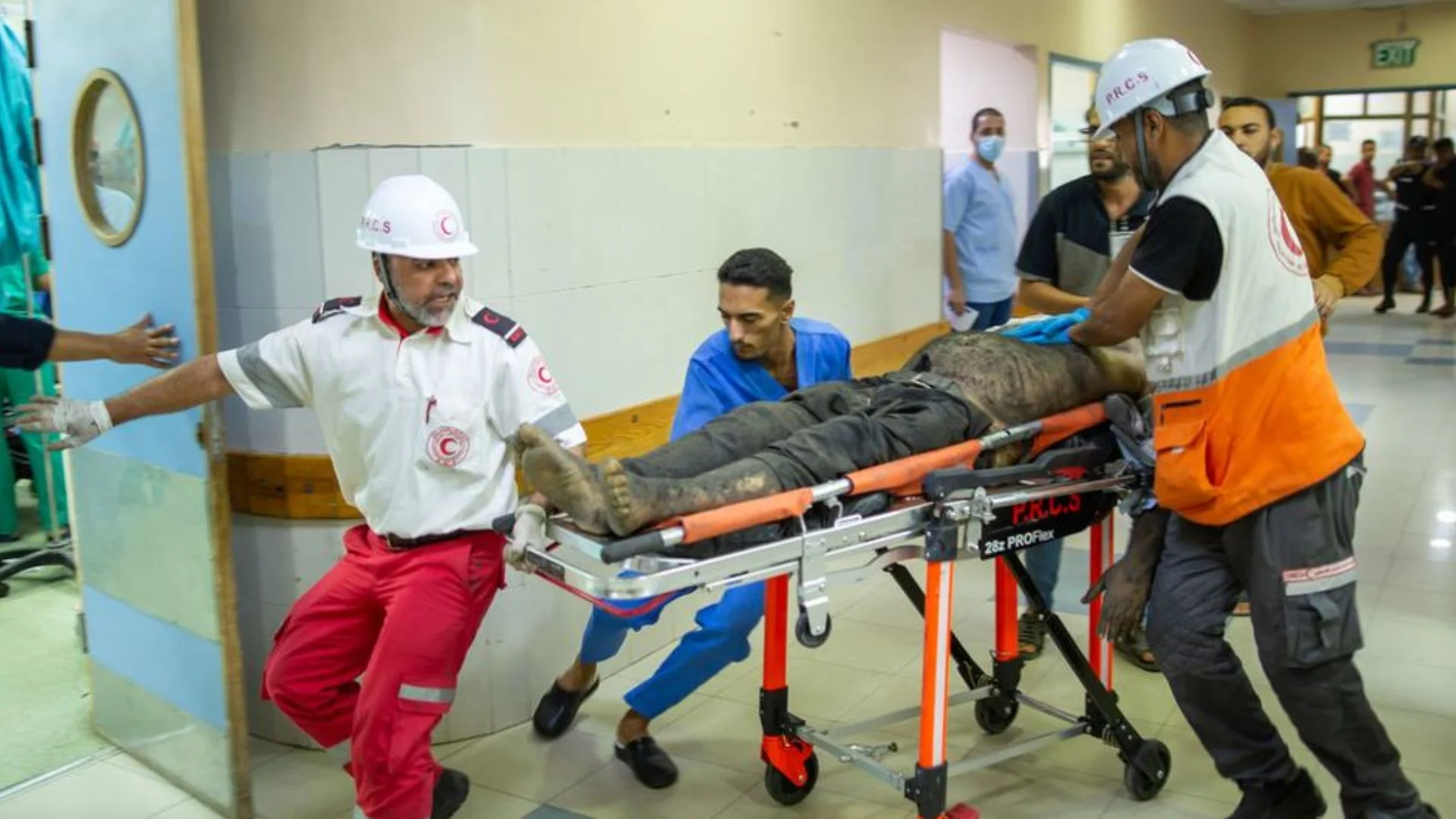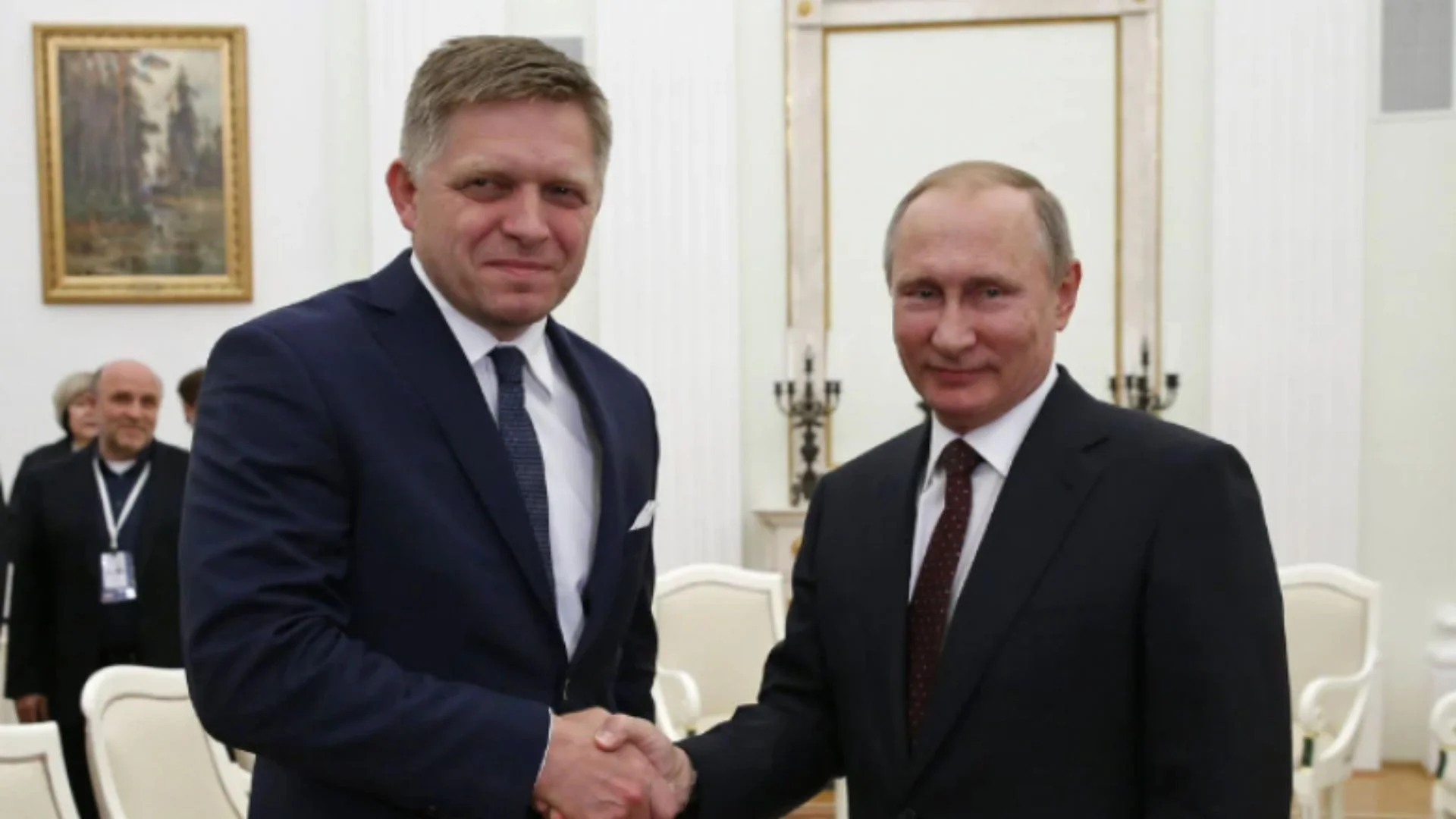In eastern Ukraine’s Pokrovsk, women are stepping into traditionally male roles, such as working in coal mines, due to severe workforce shortages caused by the ongoing conflict with Russia. Among them is Ludmyla Vashkatova, a former school teacher who now works in the mines. She took this job for its stability and decent pay in the middle of region’s economic instability. The Ukrainian government recently changed a law to allow women to work in dangerous conditions, addressing critical labor gaps in essential sectors like mining and transportation.
Initially, Vashkatova found the transition challenging but has since adapted to the demanding work environment. Her experience is similar to that of Marina Vykhrevna, who moved from sorting coal above ground to working as a quality control inspector underground, effectively doubling her salary and forging strong connections with her female coworkers. Violetta Loevska, a younger worker, stresses the importance of their work in maintaining the country’s economy during wartime and sees no distinction between men and women in these roles.
The war has caused a major shortage of male workers, as many have joined the armed forces. In Pokrovsk, near the frontlines, 915 of the 6,578 male workers at the Metinvest mine have gone to fight. This problem has worsened with President Zelenskiy’s decision to lower the conscription age, affecting key sectors like mining, transport, and construction.
To fill these gaps, women are being trained and hired for jobs traditionally held by men. Across Ukraine, fast-track retraining programs are helping women gain new skills. One such program by the NGO Reskilling offers truck driving courses for women. Valentyna Kaistreno, who left Mariupol due to the conflict, finds this opportunity empowering. These changes show a significant shift in societal views on gender roles, driven by the demands of war.
The situation in Pokrovsk is especially tough because it is close to active fighting. The constant threat of Russian attacks adds to the dangers of working in old coal mines. Recent bombings have even trapped miners underground, showing the serious risks they face.
Despite these challenges, women joining the workforce has created a strong sense of teamwork and support among female miners. They help each other in their tough jobs, playing a key role in keeping important industries running during the war.
The shortage of workers remains a big issue, with some tough jobs still not suitable for women. However, retraining and employing women in various sectors is essential. These efforts not only address the immediate lack of workers but also lead to long-term changes in gender roles in Ukraine.
The war has forced a major shift in the workforce, with women taking on jobs traditionally held by men, especially in mining and transportation. Despite the risks and societal challenges, these women are crucial in keeping the economy going and supporting the war effort. This change marks a significant evolution in gender roles during the crisis.







